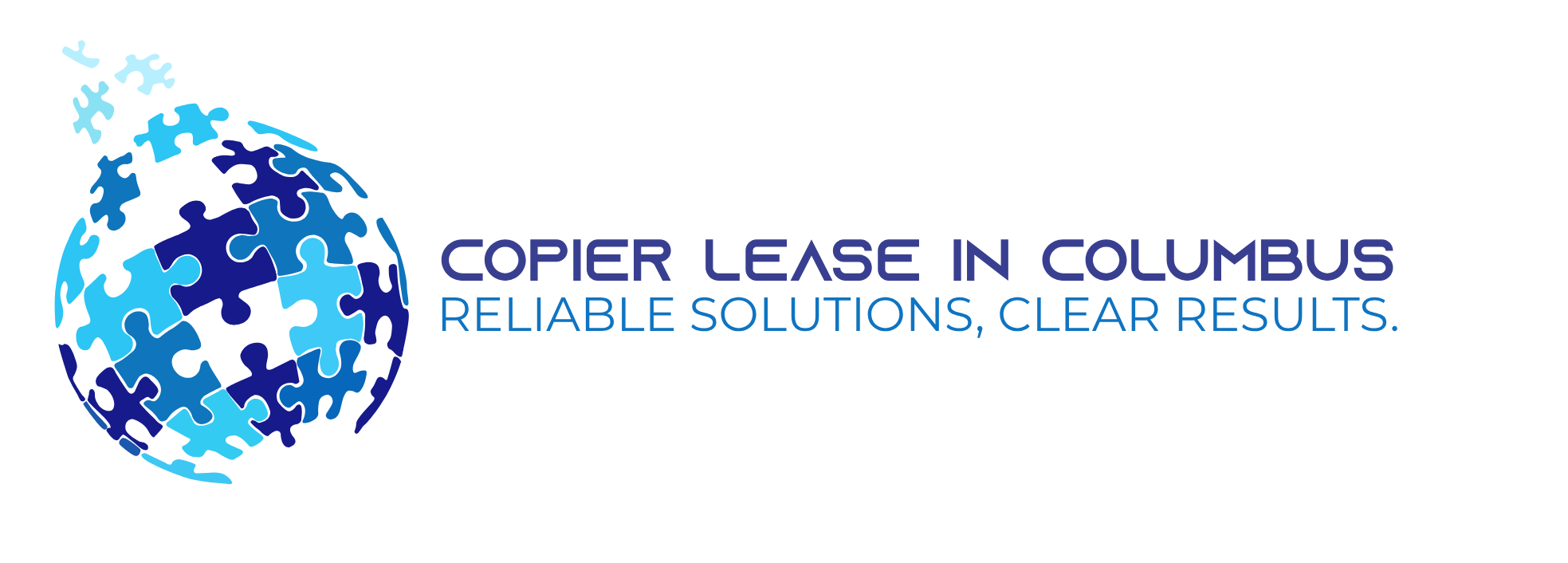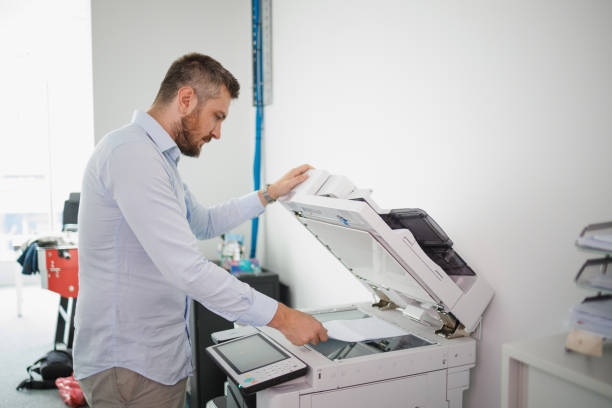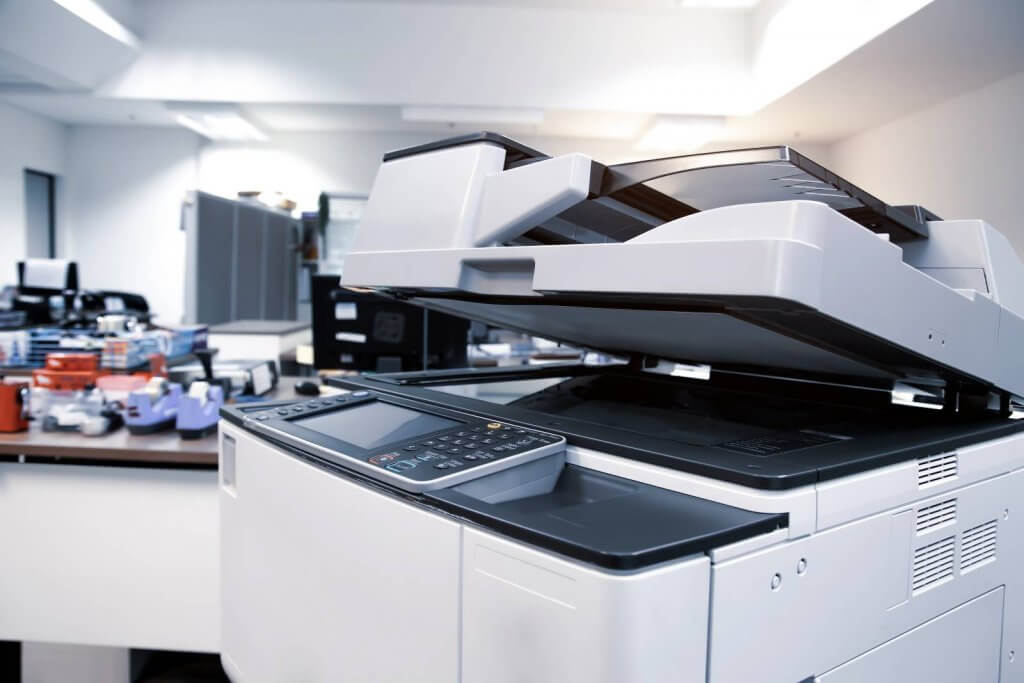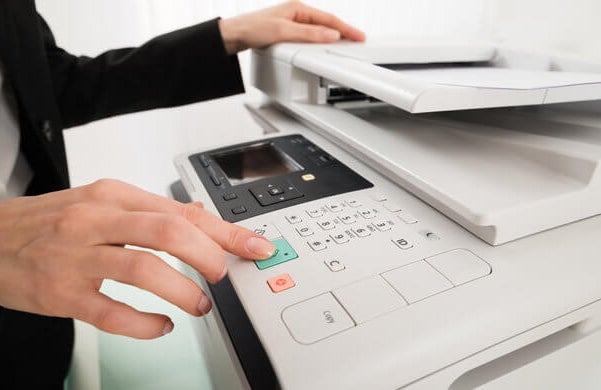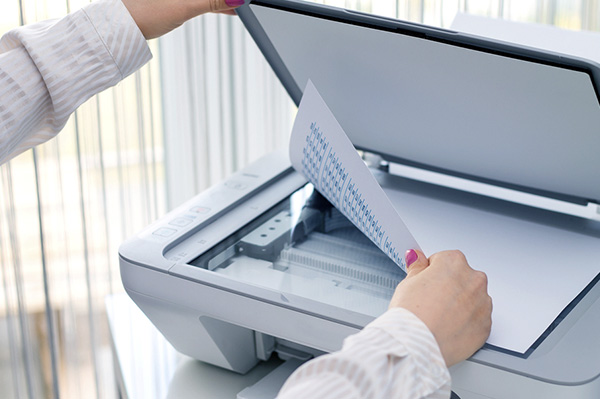Leasing a Copier: 4 Potential Pitfalls You Need to Know in Columbus
When it comes to office equipment, copier lease can be a great option for businesses, especially for small and startup companies that cannot afford to purchase equipment outright. Leasing allows them to avoid stressing business finances with huge, initial capital expenditures.
Unfortunately, many standard lease agreements are loaded with hidden clauses and tricky language designed to protect the interests of the leasing company rather than the lessee.
To help you avoid being caught off-guard by an unanticipated obligation and understand exactly what you’re signing, here are four potential problems with leasing a copier that you need to know about beforehand:
4 Financial Traps in Copier Lease Agreements
1. Excess Volume (Click) Charges
One of the critical terms of every copier lease agreement is the volume limit (or click limit). This is the maximum number of prints or copies the equipment can produce during the lease period.
- The Problem: If the machine prints more than the allotted volume, you will be charged for each excess click at the end of the lease. These excess click charges can be a major problem if your business needs exceed the initial agreement.
- Mitigation: Leasing companies typically set generous volume limits, but you must accurately project your printing needs upfront. Always negotiate to include an option to increase the volume allowance mid-term if necessary.
2. Lack of Flexibility in Ending Your Lease
A major disadvantage of copier lease is that you are bound by the contract you sign when you lease the machine.
- Early Termination Penalty: If you want to end your lease early, you will typically have to pay off the rest of the contract in one lump sum. This can be a major financial burden for small businesses.
- Non-Negotiable Terms: Existing long-term leases are almost never negotiable once signed. If you want to change the terms or don’t like the lease terms offered, you may have to settle for worse terms elsewhere.
3. Risk of Repairs Being Treated as Excess Wear and Tear
Another problem is that the leasing company may decide that certain repairs constitute “excess wear and tear” on the machine. If that happens, you will be responsible for paying for them.
- Prediction is Difficult: Unfortunately, it is difficult to predict whether a leasing company will make this call.
- Mitigation: You can significantly reduce the risk of having repairs treated as excess wear and tear by following proper maintenance procedures and signing a full-service lease that clarifies what damages are covered versus what is considered abuse.
4. Confusion Between Lease, Rent, and Buy
The main difference between leasing and renting is that when you rent, you have no claim to the asset itself, while a lessee sometimes has a small ownership stake in the equipment.
- Accounting Error: When recording transactions, it’s easy to get confused. Since the company does not intend to own the machine at the end of the lease contract, the transaction should be recorded as a rental and not as a purchase.
- The Difference: A short-term rental is for short durations (less than one year) and has no ownership options, offering complete flexibility. A lease is long-term (one year or more) and has specific end-of-term obligations. Getting confused means you could end up stuck with the wrong equipment.
Conclusion: Ask Questions Before You Sign
Copier lease can be a great solution for businesses that cannot currently afford to purchase the equipment they need. However, it is essential to understand the potential pitfalls before you sign a lease agreement.
If you have any questions about what you are signing, speak up. Make sure you understand the terms of your contract, and ask your leasing company to explain anything that isn’t clear.
Ready to Take the Next Step?
Ready to find the perfect copier for your Columbus office?
Whether you need a short-term copy machine rental (less than one year) or a long-term copier lease (one year and up), the experts at Copier Lease Columbus are here to help. We are a trusted local provider, backed by the nationwide network of Clear Choice Technical Services.
Get a fast, personalized quote based on your specific needs and volume requirements.
Contact Us Today
📞 Call us directly for a free quote at (614) 210-0800.
Click here to Request a Quote: Request Your Personalized Copier Quote
Need a Repair? Visit our dedicated repair specialists: Copier Repair Columbus
